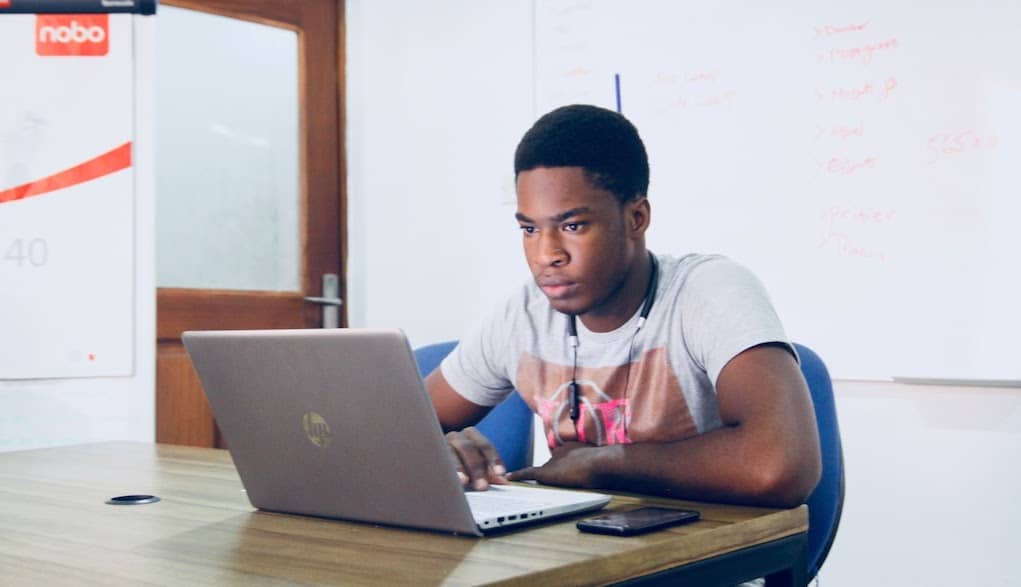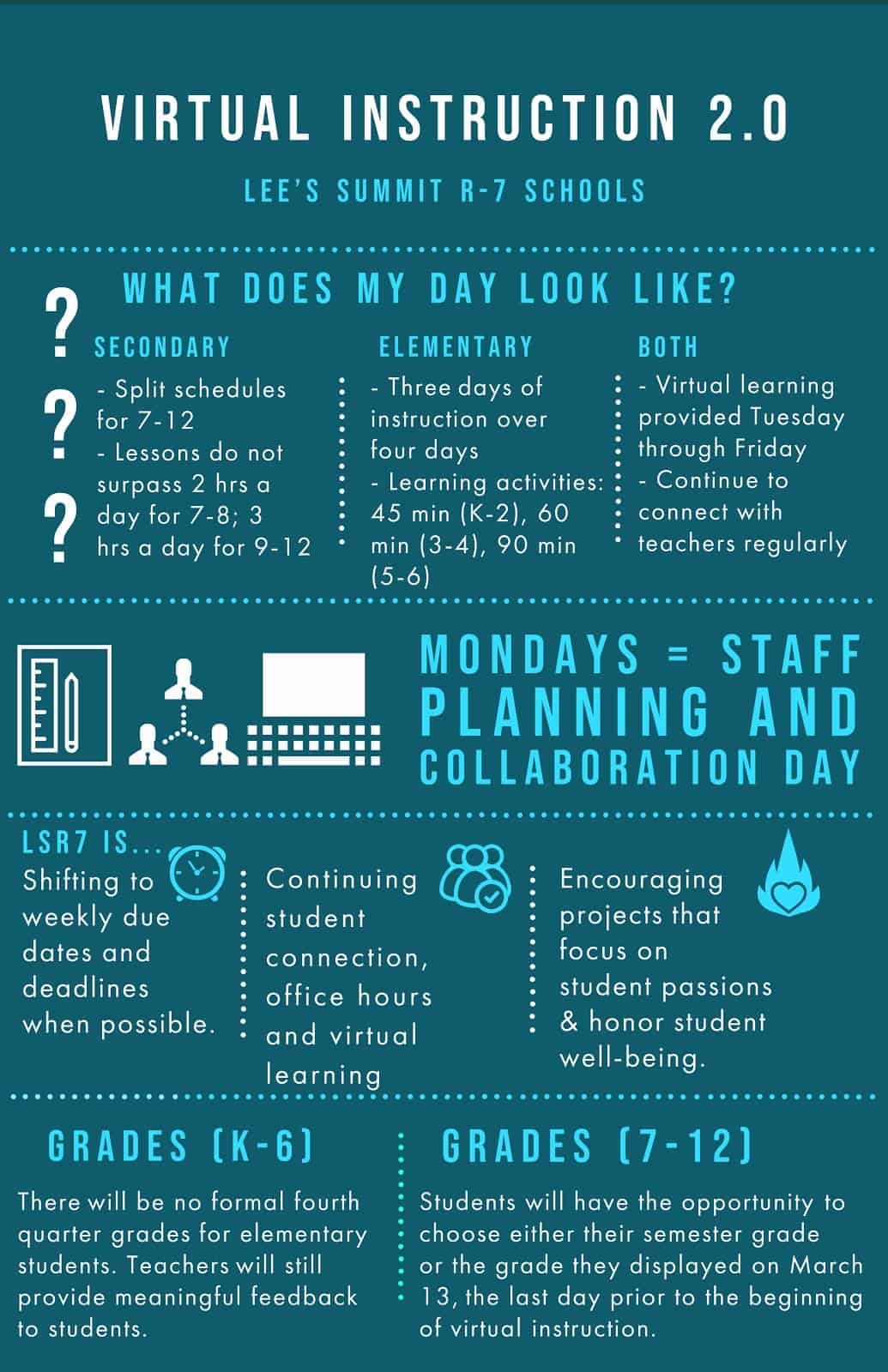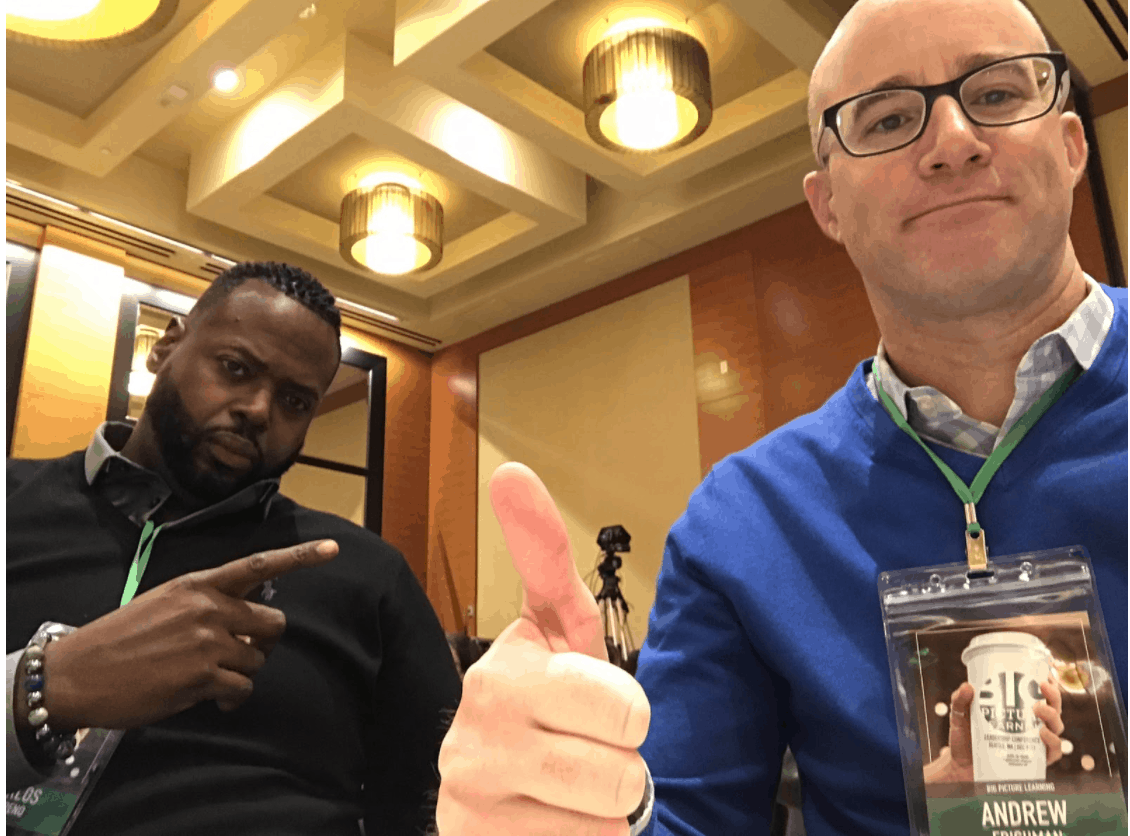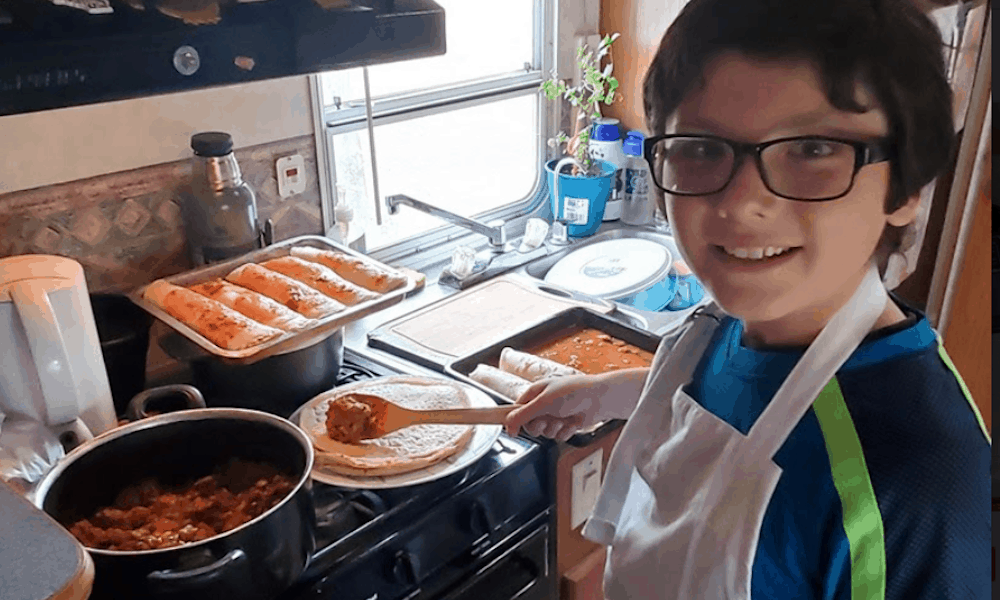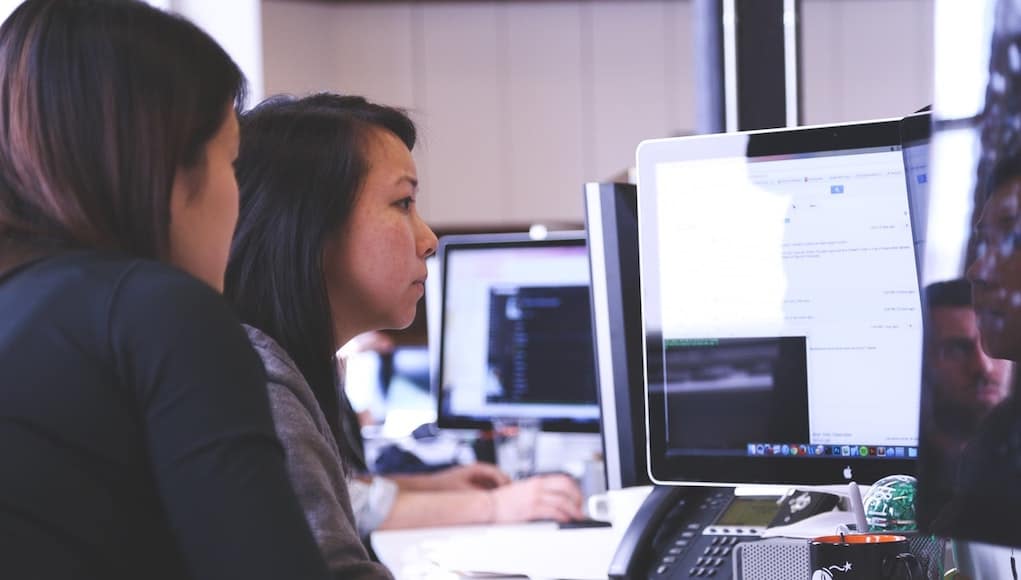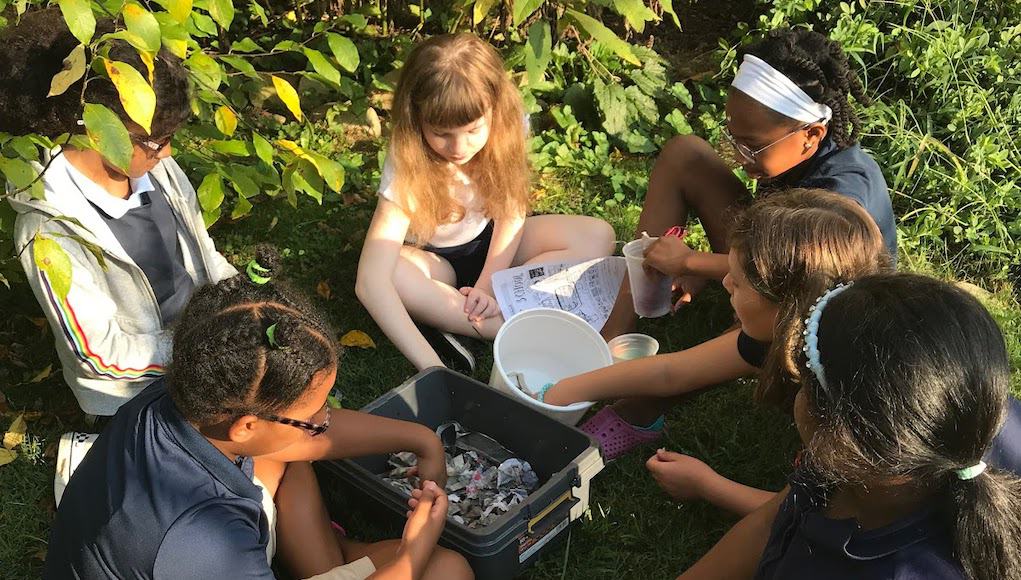Posts by Guest Author
Adapting Test Design to Make It Work in a Distance Setting
By: Eric Kalenze. The recent adjustment to distance learning has required teachers to manage curriculum differently, redistribute expectations, and plan accordingly under the circumstances. Online testing is no exception.
How to Not “Just Get By” With Remote Learning
By: Chad Dorsey. Chad talks about how distance learning has forced to rethink and reimagine how to engage students in a meaningful way.
Connections Matter in Lee’s Summit: Planning and Adapting to Virtual Learning
A superintendent reflects on the challenges, opportunities and strategies that have been required to face distance learning head-on.
Searching for the Other Side of the Tunnel: Leading Through COVID-19
By: Carlos Moreno & Andrew Frishman. The rules of engagement are being rewritten, and old assumptions are no longer viable. How can we step up our game as leaders? How can we deepen and broaden our service to others in this moment?
How a Montessori Classroom, Online Learning, and Family Engagement Can Work Together
By: Lisa Evans. The Lexington Four Early Childhood Center has discovered an at-home program called Waterford UPSTART that not only supplements classroom teaching and student learning, but empowers parents to authentically engage in their child’s education.
Keep America’s Students Learning At Home
By: Keith Krueger. During COVID-19, Keith provides steps that can be taken to keep children learning at home.
Out with the Test, in With PBL: How Project- Based Learning is Transforming Remote Learning
By: Kyle Wagner. Kyle shares stories captured from students about the projects that they are building during this unprecedented time.
Leading Adult Learning during COVID-19
By: Jenny Pieratt, Ph.D. In part two of a three-part series, Jenny discusses how to recreate places of adult development during these times of distance education.
Can Peer Mentoring Solve the STEM Gender Gap?
Global technology education nonprofit Technovation demonstrates the power of a community-based approach to teaching computer science to young females that centers around real-world problem-solving and mentorship.
Edible School Yard: A Place to Influence Interdisciplinary Skills
The Environmental Charter School takes students outside of the classroom to discover local learning and cross-disciplinary applications in the school’s Edible Schoolyard (ESY). Students not only learn how to garden and cook, but they also draw connections to real world issues and current studies.



